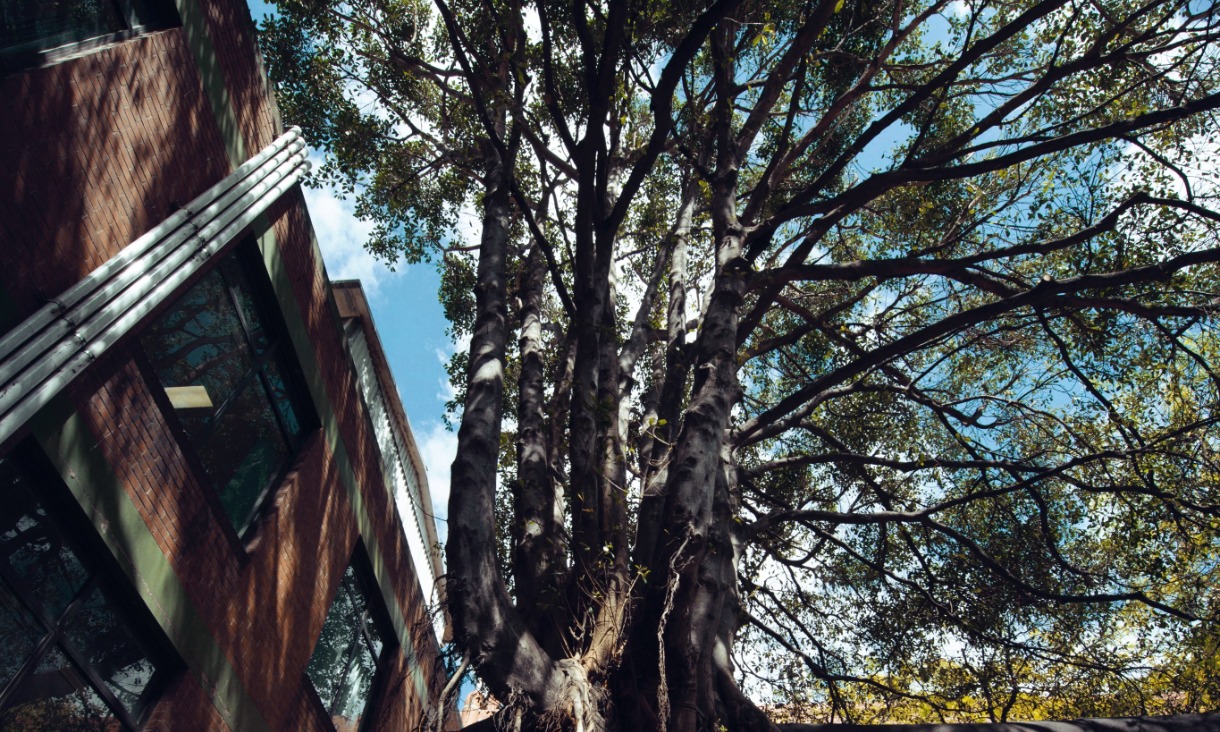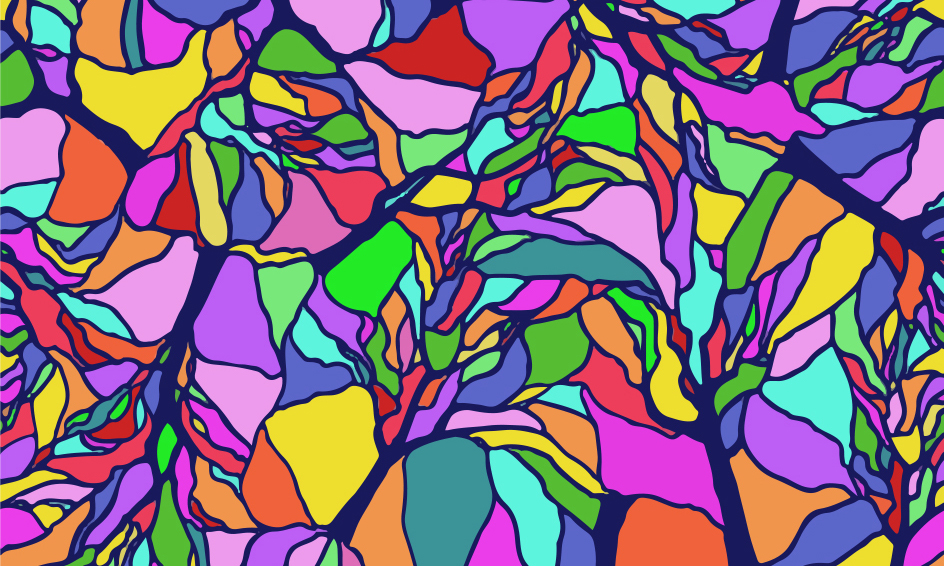Celebrating our deep-rooted love for trees
Givers of oxygen, providers of shade and shelters to our native wildlife – reasons to love trees never grows old.
Speaking from the heart: Yankunytjatjara poet Ali Cobby Eckermann
On the eve of her appearance at the Melbourne Writer’s Festival, world-renowned poet and multi-award-winning indigenous writer Ali Cobby Eckermann features in a new podcast from The Garret.
Ten ways RMIT research is helping to build a more sustainable future
From turning back the emissions clock to building more durable roads from old tyres, RMIT researchers are tackling today’s biggest challenges and developing solutions for a more sustainable world.
Tree: the story behind the art
Kamilaroi artist Louisa Bloomer is the designer of RMIT’s new digital brand design. 'Tree' tells the story of Australian connection and diversity, along with Bloomer's own journey of cultural understanding.







